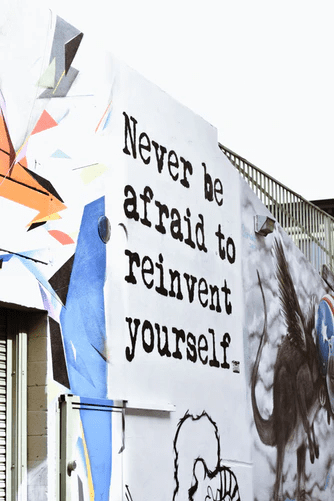The Road to Recovery: Mind, Body, & Soul
There exists a one-and-done mentality when it comes to recovery or rehabilitation. Peaceful getaways up-state or blissful retreats atop tranquil beaches are what first come to mind. Even though fresh air and weeks of therapy are helpful and essential, they are just the beginning. A holistic recovery is both a lengthy journey and a massive transformation of ones physical, mental, and emotional health.
Physical Recovery: Detox and the Development of New Habits
“The physical body, in the first week or so, goes through really intense flulike symptoms: chills, fevers, sweats, aches, pains and physical spasms. It’s as if you’ve built a table, removed one of the legs and now the whole thing falls over,” says Kate Ramsey, Clinical Supervisor with Retreat Behavioral Health. “The body has learned to function and is now saying, ‘Wait a minute, we’ve redesigned the whole system just for you, and now you’ve taken [the substance] out.’ Those initial symptoms are just the body trying to learn how to function without the poison in it’s system. This process, within 5-10 days, sometimes less, is that of acute withdrawal.”
Detox is an intense, oftentimes dangerous, process. The body has to reset and start over completely. Therefore, it is always urged to begin your detox process under the supervision of trained, medical professionals. However, once past that initial 5-10 day detox, the breakdown of the old and the construction of the new really begins to develop. “Treatment of chronic diseases involves changing deeply rooted behaviors, and relapse doesn’t mean treatment has failed. When a person recovering from an addiction relapses, it indicates that the person needs to speak with their doctor to resume treatment, modify it, or try another treatment,” say experts from the National Institute on Drug Abuse.
According to a 2012 John Hopkins study, researchers found that, “While the relapse rate post-detox is 65 to 80 percent, recovering drug addicts who remained in treatment were 10 times more likely to stay drug-free.”
Mindful Recovery: Revolutionizing Our Thoughts
Napoleon once famously said, “The best cure for the body is a quiet mind.” Our bodies want to heal themselves. We fall and scrape our knee, immediately the body is springing into action and formulating ways for how to most quickly heal itself. The same is true with addiction. The body springs into action, if even begrudgingly, to rid itself of toxins and come to a place of healing. However, a place of healing cannot happen without the quieting of the mind.
“Diagnosing a patient, depends on the context of their condition and how it’s functioning in their life. For example, depression is the symptom that comes from a lot of different causes and it functions in peoples lives very differently,” said Dr. Brian Berman a Clinical Psychologist with Retreat Behavioral Health in a statement. “It’s all very complex because depression comes from different places. In fact, depression isn’t sadness. Depression, is the reaction to our sadness.”
Re-wiring our brains to not only process trauma but form new habits, is difficult. Yet we cannot heal without allowing our brains to process pain, form new neural pathways, and monitor how we react to our emotions. For addicts, practicing forgiveness and allowing hurt to be felt, allows their brain the tools to heal and form healthy communication with the rest of their body.
Emotional Recovery: The Power of Self-Compassion

The establishment of self-worth acts as the soil to our lives. With rich nutrients and a foundation, this soil provides the possibility for life abundant and fruitful healing. Addicts often note that their shame acts as a massive component in their addiction. Shame and fear often keeps individuals from seeking help and receiving treatment. However, with a life built on self-worth and compassion, shame and fear simply cannot survive. Healing can prevail and pain is allowed to be addressed when we are practicing kindness to ourselves.
By practicing love and self-compassion we break apart the toxic environment that addictions are often rooted in. Just as Goewey explains that we all possess a powerful way of being in this world, so every individual that struggles with addiction has the strength to find their path towards healing and hope.





